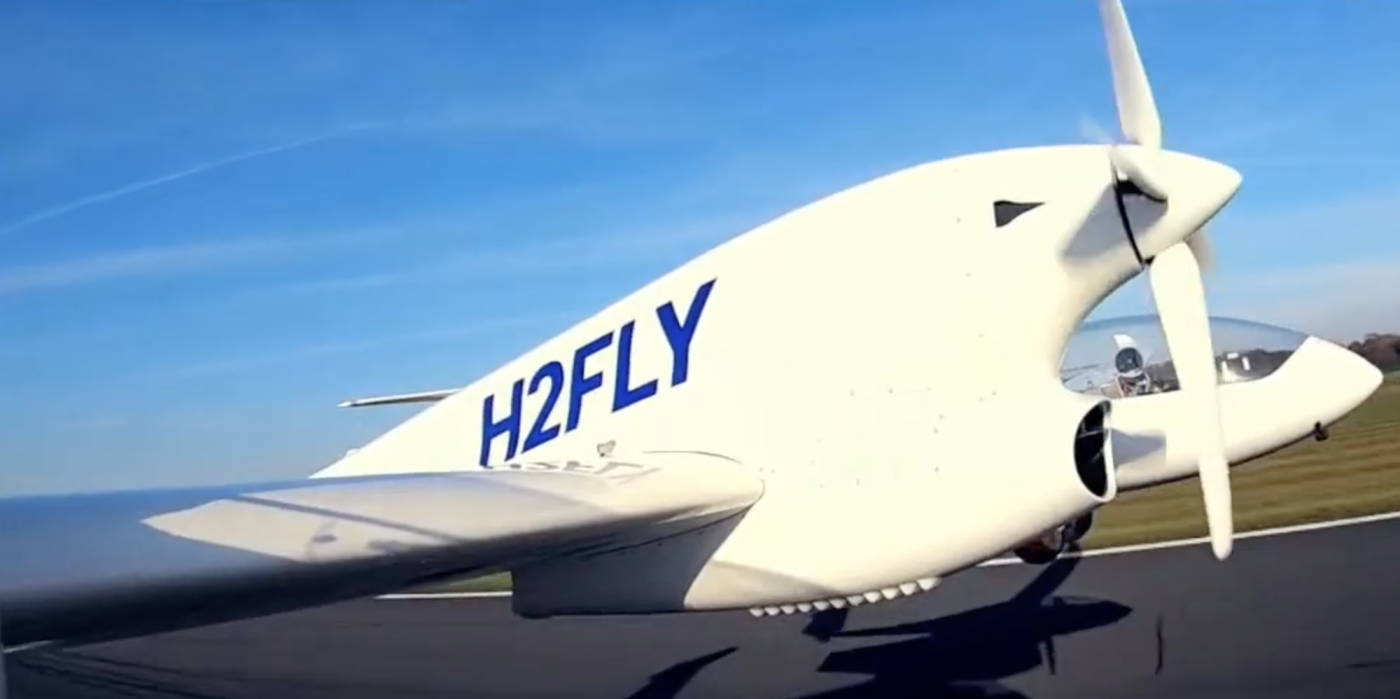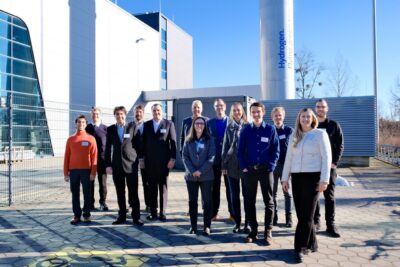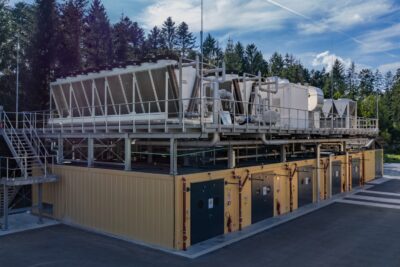H2FLY to lead HEAVEN hydrogen aviation project
The German company H2FLY, which specialises in the development of hydrogen fuel cell systems for aircraft, is taking over project management in the HEAVEN project. The project will test the first passenger aircraft flying on liquid hydrogen (LH2) in 2023.
The HEAVEN project has the task of integrating high-performance fuel cells and cryotechnology into an existing aircraft before in-flight tests are conducted next year. H2FLY, the Stuttgart-based company now assuming leadership of the project, is responsible for the fuel cell system, the “HY4” integration platform and the aircraft system architecture (including control of the fuel cell and LH2 tank systems). The other partners collaborating on the HEAVEN project are Air Liquide Advanced Technologies, the designer and supplier of cryogenic tanks, Pipistrel Vertical Solutions, which supports the integration and testing of the tank, and the DLR German Aerospace Center, which supports the operation and testing of the high-performance fuel.
According to the German hydrogen aviation company now leading the project, HEAVEN continues to make good progress continues on integrating the liquid hydrogen (LH2) tank system and expects this phase to be completed in the next few months. Early next year, H2 FLY says it will lead an extensive campaign of tests with the “HY4” testbed. The resulting aircraft is expected to become the first passenger aircraft to fly on LH2.
Until summer this year, the HY4 was operated with gaseous compressed hydrogen, after which the pressurised tanks were replaced by tanks for LH2. The increased energy-density of LH2 is expected to double the range of the HY4, as with other hydrogen aviation projects, such as those undertaken by Airbus, which is currently also working on cryotechnology. For hydrogen to remain liquid, it must be cooled to at least 253 degrees Celsius below zero. Cryogenic tanks enable the storage of LH2 that can be refuelled in liquid form, which not only increases the energy density of the hydrogen but also makes it easier to handle on the ground.
H2FLY now has the task of also managing collaboration between the partners and the achievement of the project goals. These will be reported to the European Commission, which is funding HEAVEN along with the national governments of Spain, France, Germany and Slovenia under the “Horizon 2020” research and innovation programme.
Professor Josef Kallo, co-founder and CEO of H2FLY, said: “HEAVEN is a groundbreaking project set up to advance fundamental developments in the field of hydrogen propulsion and move a huge step closer to our goal of zero-emission aviation. We’re delighted to be taking on the overall project management and further expanding the excellent cooperation with our established partners.”
Founded by five engineers from the German Aerospace Center in Stuttgart and the University of Ulm, H2FLY is working to deliver to market the first qualified, fully hydrogen-electric aircraft powertrain. The company says it expects hydrogen-electric aircraft to be able to transport 40 passengers over distances of up to 2,000 kilometres (1,240 miles) in “just a few years.” For distance references, this covers all distances within Europe but also enables flights from Europe to its more closely neighbouring continents.
Hydrogen fuel cell technology, in both gaseous and liquid hydrogen forms, is the only existing zero-emission technology for regional flights since purely battery electric propulsion cannot provide sufficient energy density for longer flights.





0 Comments